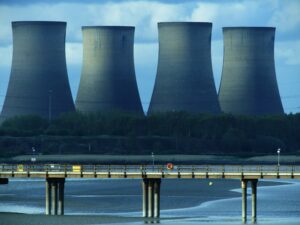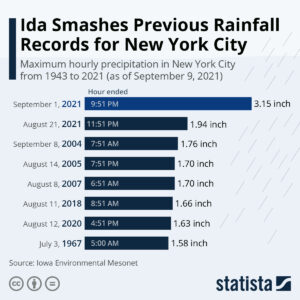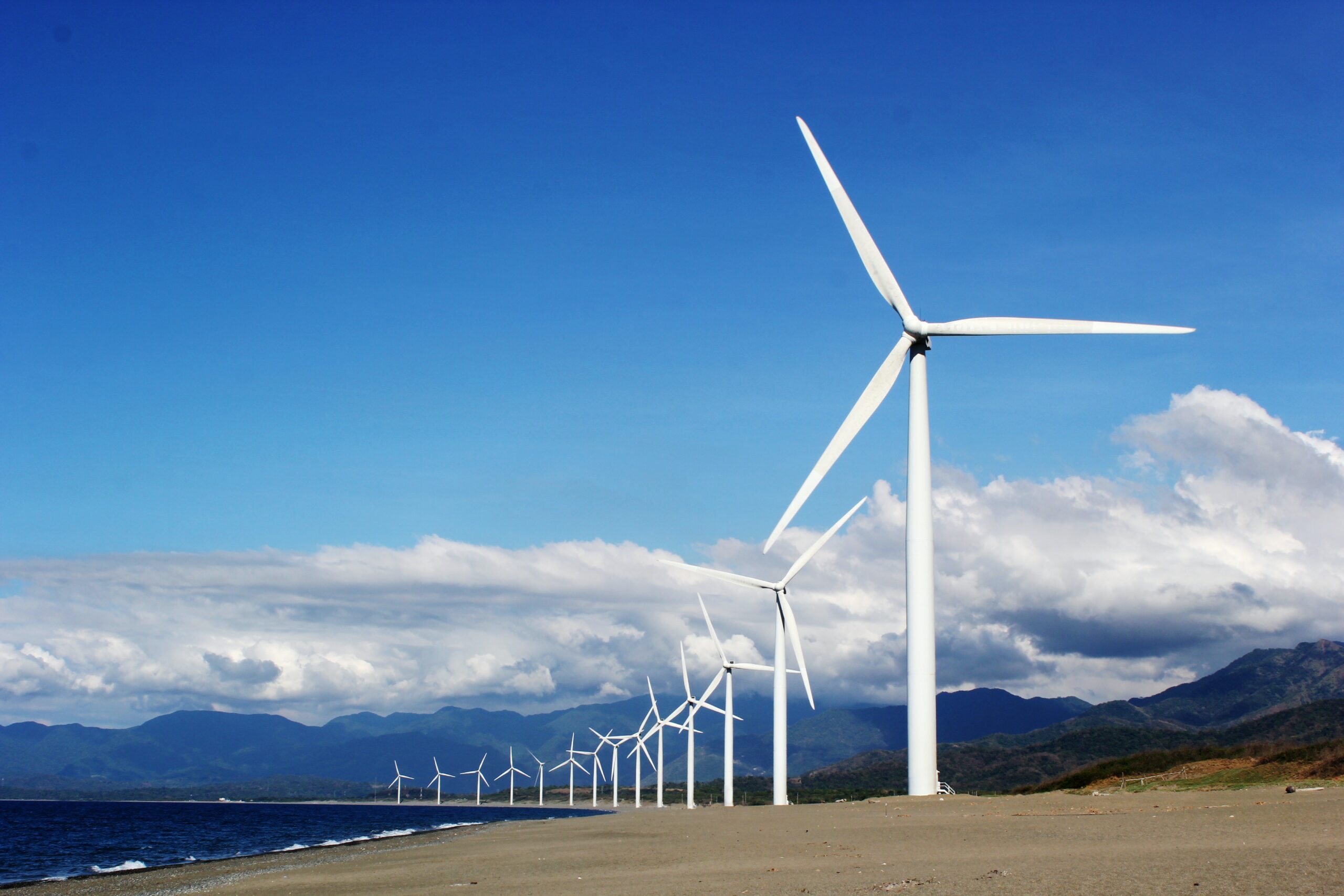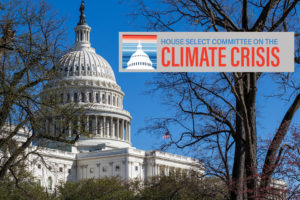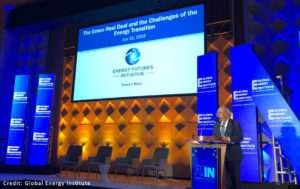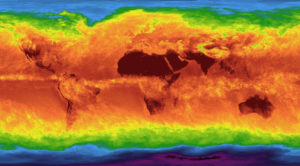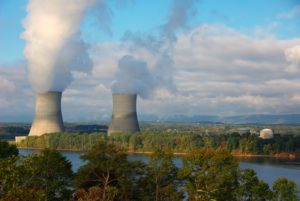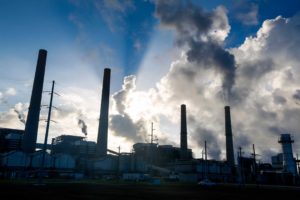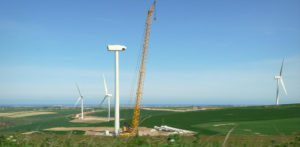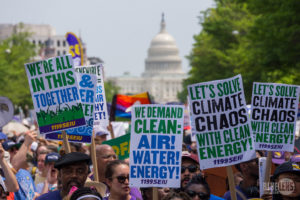121 item(s) were returned.
Founder & CEO
The Idea Logical Company, Inc.
The global heating catastrophe being fostered by humanity’s proclivity to burn fossil fuels for energy is an emergency. An all-hands-on-deck emergency. An employ-every-tool-in-the-toolbox emergency. Despite that, a myth persists that blocks humankind’s use of the most powerful possible energy source that won’t add to the CO2 load. The energy source being vastly underemployed is nuclear. And the myth that stands in the way, so widely accepted as truth, is that “nuclear power is dangerous.” The acceptance of this four-word declarative statement as truth is pretty widespread. People’s fears about nuclear energy emerged in the 1970s due to misinformation and media… [more]
View InsightPresident
The Stella Group, LTD
The year 2021 has already outpaced 2020 in terms of extreme weather events. On the anniversary of Hurricane Katrina, Hurricane Ida left more than 1 million residents without power for days and led to historic rain in New York City. In February, Texas was hit with a historic -2 degree (F) cold snap that left 4.4 million people without power, caused enormous strain on the power grid, and froze pipelines. At least 217 people were killed directly or indirectly by severe cold, and the damages are estimated to be about $21 billion. This year, California faces the triple threat of wildfire… [more]
View InsightA federal Clean Energy Standard has been proposed as a policy approach to help meet climate change goals. The Biden Administration and some members of Congress are seeking to include it in budget reconciliation, and three variations of the policy have been introduced in Congress. The policy seeks to drive electric power generation to net-zero carbon emissions by requiring utilities to include more clean energy over time. Standards like this already exist in 30 states as renewable portfolio standards. Because of the similarities, many policy analysts believe a federal clean energy standard would be easy to implement. It would also… [more]
View InsightThe U.S. House of Representatives Select Committee on the Climate Crisis is requesting information around policies that Congress should adopt to solve the climate crisis and adapt to the impacts of climate change. Committee staff told us they would welcome feedback from OEP experts. Four specific questions from the committee’s request for information are outlined below. We will compile and send to the committee substantive comments posted to this discussion by November 11. U.S. electricity generation from wind power is more than 7 times higher today than it was in 2017, and U.S. solar power generation is 100… [more]
View InsightPresident and CEO
Energy Futures Initiative
I recently unveiled the framework for a “Green Real Deal” on behalf of the Energy Futures Initiative at the U.S. Chamber of Commerce’s Energy Innovates conference in Washington, D.C. Building upon several months of analytical work, the Green Real Deal framework offers broad principles that are based on a commitment to realistic, actionable, and meaningful progress towards a low-carbon economy. The Green Real Deal must be a very pragmatic program data-driven, science-based, and analytically supported. Principles like innovation are at the core of the solution. A wise and just transition to a low-carbon economy, moving as fast as is technically… [more]
View InsightChair, Energy & Commerce Subcommittee on Environment & Climate Change, U.S. House of Representatives
Co-Chair, Sustainable Energy & Environment Coalition
Americans are living, and dying, in the path of unprecedented flooding, raging wildfires, and battering storms driven by Earth’s changing climate. Regardless of the origins of our predicament, we have inherited these conditions. It falls to us to set aside past disagreements and rise together to meet this challenge through federal climate action. The principles outlined here, and in greater detail at Tonko.house.gov/climate, are meant to provide a framework that moves the lines of our agreement forward and help us build a comprehensive national climate action plan together. This is an appeal to everyone who takes solving the climate crisis… [more]
View InsightPresident
Micro-Utilities, Inc.
With the pressing need to find carbon-free sources of electricity to address climate change, some environmental groups that once opposed nuclear power now see it as essential. While policymakers have dismissed nuclear facilities for safety reasons, the new calculus is that the risk from nuclear power plants is far smaller than generally perceived. Policymakers who write-off nuclear as being too dangerous are doing a major disservice to the public by warding off a safe, effective carbon-free technology. Severe nuclear accidents are rare and extremely unlikely to cause any near-term off-site radiation fatalities or radiation sicknesses. A review of four major… [more]
View InsightU.S. Senator, State of Wyoming
Chairman, Senate Committee on Environment and Public Works
Congress needs to help make American energy as clean as we can, as fast as we can, without raising costs on consumers. That’s why I, along with a bipartisan group of Senators, introduced the Utilizing Significant Emissions with Innovative Technologies Act, or simply, the USE IT Act. We held a Senate hearing on this bill several weeks ago. The USE IT Act would encourage the commercial use of man-made carbon dioxide emissions and support the use of carbon capture technology, including direct air capture. The legislation also expedites permitting for carbon dioxide pipelines in order to move the carbon dioxide… [more]
View InsightPresident
Business Council for Sustainable Energy
From coast to coast, America’s economy kicked into high gear in 2018—and the clean energy sector had a record year, too. The Business Council for Sustainable Energy’s recently released 2019 Sustainable Energy in America Factbook documents strong trends in clean energy and a need for continued federal policy support that leverages private sector investment to accelerate emissions reductions. For years, the rapid growth we have seen in energy efficiency, natural gas, and renewable energy drove down U.S. greenhouse gas emissions (now 10% below 2005 levels) while the economy grew. That’s why it was frustrating to see energy productivity (the ratio… [more]
View InsightCenter for Strategic and International Studies
Senior Vice President; Director and Senior Fellow, Energy and National Security Program
The Green New Deal resolution was released in the House of Representatives by Representative Alexandria Ocasio-Cortez (D-NY) on February 7, 2019, with a companion measure introduced in the Senate by Senator Ed Markey (D-MA). The Green New Deal (GND) is a powerful idea that is reshaping the conversation in Washington about how to tackle the issue of climate change. How is it doing this? By tying it to a set of concepts and policies that are about alleviating economic insecurity, the most potent political force of our time. By likening itself to Franklin Delano Roosevelt’s New Deal that came… [more]
View Insight